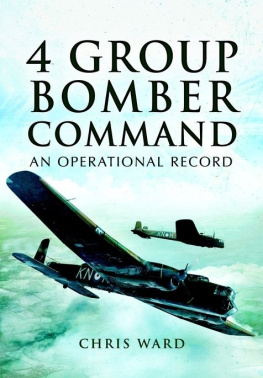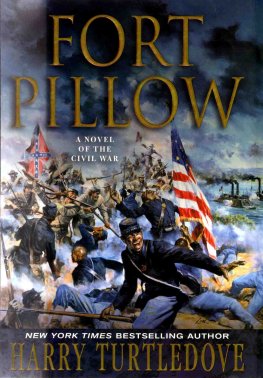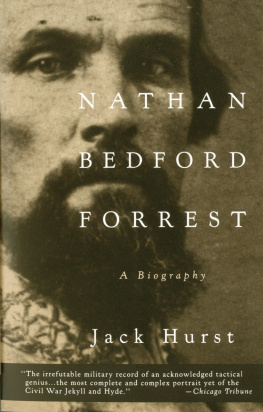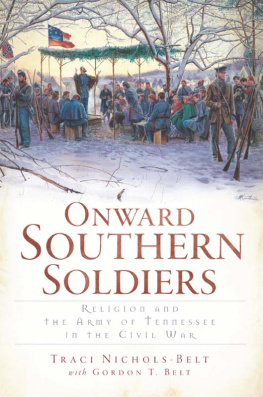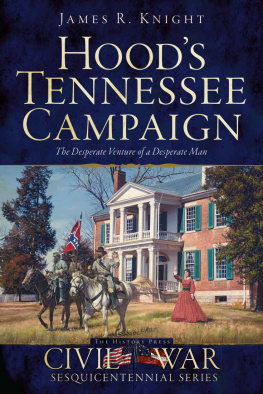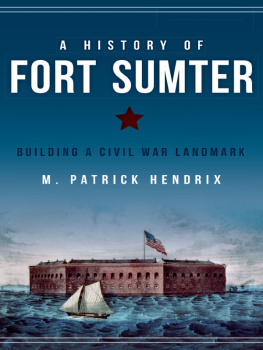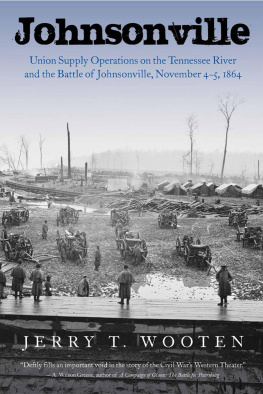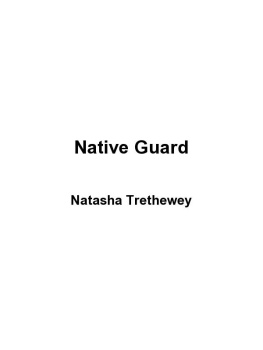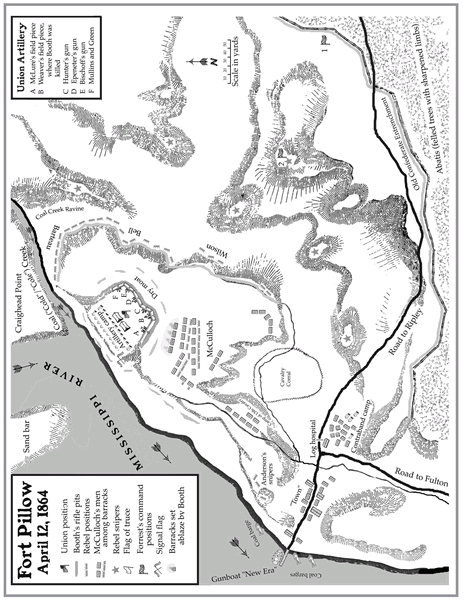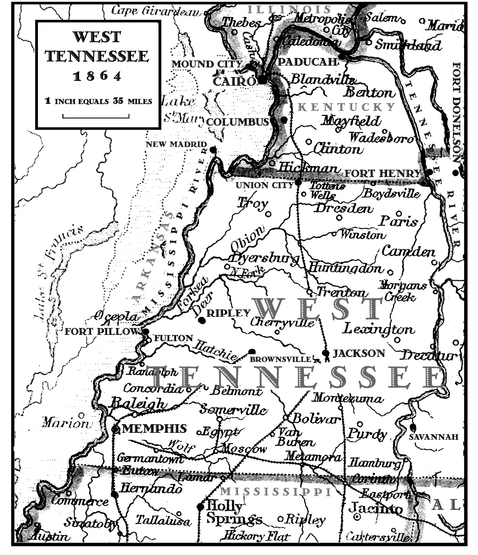Table of Contents
PENGUIN BOOKS
RIVER RUN RED
Andrew Ward is the author of numerous books, including the award-winning Dark Midnight When I Rise: The Story of the Jubilee Singers and Our Bones Are Scattered: The Cawnpore Massacres in the Indian Mutiny of 1857. A former contributing editor at The Atlantic Monthly, commentator for National Public Radios All Things Considered, columnist for The Washington Post, and screen-writer, he lives in the state of Washington.
This book is dedicated with all my heart
to the former
Deborah Lathrop Huntington
PREFACE
I HAVE A FASCINATIONMY CHILDREN SAY A MORBID FASCINATIONwith nineteenth-century massacres. I have written two booksa novel and then a historical narrativeabout the carnage at Cawnpore, India, in the Great Indian Mutiny of 1857; and an article about Custers debacle at Little Big Horn in 1876; and my shelves are packed with books about Kabul, the Alamo, Khartoum, and Isandhlwana. This fixation derives, I suppose, from my growing up a vastly outnumbered white boy in India and my formative hero-worship of the Disney version of Davy Crockett, combined with an irreligious but nonetheless apocalyptic anxiety about death that draws me to accounts of its wholesale form. But, for an American, the story of the Civil War Battle of Fort Pillow in April 1864 contains elements at once more frustrating and more edifying than any of the others, for Northerners and Southerners, not to mention blacks and whites, have never agreed on what transpired there.
When a battle is not completely one thing or another, partisans will subject it to enormous pressure to force it into one definition or another. In this sense, the Confederate and Federal versions of what transpired at Fort Pillow are to varying degrees mistaken. Each sides efforts to define the Fort Pillow affair as either a hard-won victory on the one hand or a premeditated massacre on the other have led otherwise sagacious writers to commit an uncharacteristic number of sins of commission and especially omission, discarding the other sides evidence by the most tortured and sometimes precipitate means. The job of creating a true picture of the battle demands a capacity to embrace or in any case try to reconcile the apparent contradictions in various participants memories of what they endured.
Few agree about what transpired at Fort Pillowmany authorities still balk, as I initially did, at calling it a massacre. But it is impossible to make sense of it without understanding the atmosphere in which it played itself out: the corruption of Union occupation, the horrors of guerrilla warfare, the rebel triumphs and defeats that immediately preceded it. And it is necessary, I think, to get some sense of who the players were: the liberated slaves and their ambivalent white comrades who constituted the Yankee garrison, and Nathan Bedford Forrests men: perhaps the most dedicated and ferocious warriors in the entire Confederate army.
The men who served in the Civil War called going into battle meeting the elephant. No one knows exactly why. Perhaps, from a distance, the smoke roiling up from a battle resembled an elephant, but it seems to me just as likely that they could have been referring to the old saw about the blind men and the elephant, each feeling a small portion and none able to describe the beast as a whole. I expect that most men tell the truth as they see it, and that just because they see it from different perspectives and draw different conclusions does not necessarily mean that those conclusions are contradictory or mutually exclusive.
The gaps that complicate the task historians take onand the temptation to fill them with what we may desire or suspect of our ancestorsare formidable. What follows is a kind of cross between a narrative history of Fort Pillow and a portrait gallery of the people who converged upon it, because I determined early on that it is no more enlightening to characterize the battle as a case of white against black than to characterize the collision at Gettysburg as a case of white against white. In these pages there are slaves and masters and Yankees and rebels of all kinds, none of whom lived his or her life to fit the roles we may want to assign to them out of our retrospective pride or shame. There were soldiers of the noblest intentions who proved cowardly, and soldiers capable of the most terrible atrocities who proved brave.
No investigation of the battle can be undertaken without trying to arrive at some understanding of American slavery. Despite the centrality of race in American history, and especially the history of the Civil War, and even though, by the time the guns opened up at Fort Sumter, one out of every eight Americans and two out of every five Southerners were black, what gets left out of a lot of the mainstream histories of the Civil War is a proportionate representation of the experience of African Americans. The terms we employ to recount the war suggest why. In most histories, Northerners and Southerners are equated with whites, and the South with the Southern cause, even though many Northerners were African Americans and a significant proportion of the South was black and rooting and in some cases fighting for the Union. It is difficult to overcome this problem. Read enough histories, diaries, letters, memoirs, and biographies and even the most conscientious of us slips into the same pitfalls. Someday I hope a more integrated account of the war will be written, but in the meantime I have chosen a battle and its aftermath whose recounting must of necessity encompass some measure of the slave experience.
Though when considering slavery we may want to think of suffering as necessarily ennobling, one reason we do not wish suffering upon ourselves is because it is more likely to be degrading. There are African Americans in these pages who were noble, and others who were merely trying to get by, some who were kind and some who were brutal, and it should be enough to state simply that they were human beings, which is to say as contradictory and complicated as we should understand ourselves to be. Every one of them was more interesting in his or her actuality than in the form black - people took in either sides propaganda.
It should come as no surprise that the rebel cavalry who committed terrible acts at Fort Pillow would afterward deny them, because especially in the American Civil War men judged themselves not according to the crimes they may have committed in the heat of battle, but by the aggregate of what they considered themselves to be: responsible citizens, patriots, brave soldiers, hardworking farmers, honest merchants, devout Christians, faithful husbands and fathers, loyal and loving brothers and sons. Nor did such acts cost them the respect of their friends and neighbors, because in peace, war, and defeat the South deemed it paramountand by the 1850s it had become a conditioned reflexto hunker down and defend their slave society against the calumny of the abolitionist propagandists whom they blamed for the onset of the Civil War.






